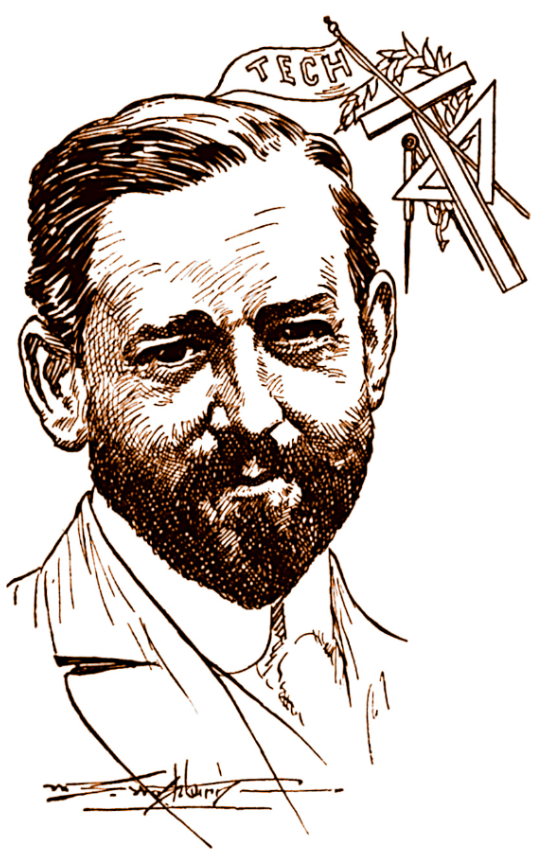
There’s a joke among mathematicians — though I’d caution you that mathematicians are not very well known for their sense of humor — that things that are discovered in the field are usually named after their second discoverer, because odds are Leonhard Euler has already dealt with it.
Are you laughing? Good, me neither. But it’s a pretty big compliment to give, and one that seems quite apropos for a man whose legacy in modern mathematics stretches across analysis, number theory, graph theory, logic, and so much more. We say we stand on the shoulders of giants, but the giants themselves stand on the shoulders of Euler.
But he’s not the only one.
There are few people who can hold a candle to the impact Euler had on science. Plenty of people have had outsized influence on academics and expanded human knowledge, but there’s only one, in my eyes, who might be Euler’s peer.
May I introduce you to John von Neumann, the most important man you’ve never heard of.
Well, some of you might have. I forgot I go to one of the schools that’s chock-full of nerds, but to the layperson, Neumann is not really a known name. He’s so fundamentally important to so much, but he’s sort of cast aside.
Von Neumann was very smart. What’s more interesting than an arbitrary measure of smartness is what he focused on.
Firstly, mathematics. Von Neumann worked across the fields of pure and applied mathematics, and managed to combine the two.
His biggest contributions were in formalizations — von Neumann helped make leaps and bounds in proof and set theory, and helped ensure that the fundamental logics we use are more sound. His work expanded to other forms of applied math, at which point they flew over into physics, economics, mathematical statistics, and at some point you have to take a step back and figure out where exactly he was going to stop.
Unlike Euler, there is no second discoverer for von Neumann. His work did not need a second discovery, though being one of the most prolific researchers of the 20th century would go far in helping him with that. Von Neumann left fields markedly changed in ways that forced people to care about what he did.
Nowhere is that more evident than von Neumann’s influence in computer science.
The memory systems that lie underneath the entirety of modern computation is known as von Neumann, based on his discoveries and works at the University of Pennsylvania.
His work on computation did not end there, and while he did continue to research and report on the single-memory stored program architecture that is now the basis for modern society, he also did significant work on algorithmic studies. If you’ve ever had the displeasure of sitting through 15-122, von Neumann was the person who discovered merge sort, one of the first algorithms discussed when talking about complexity — a field he, incidentally, also helped pioneer. The basics of so much of modern computer science, from the stuff that makes it tick to the theory that underlies it comes straight out of the musings and the mind of one John von Neumann.
Ain’t that just incredible?






Leave a Reply